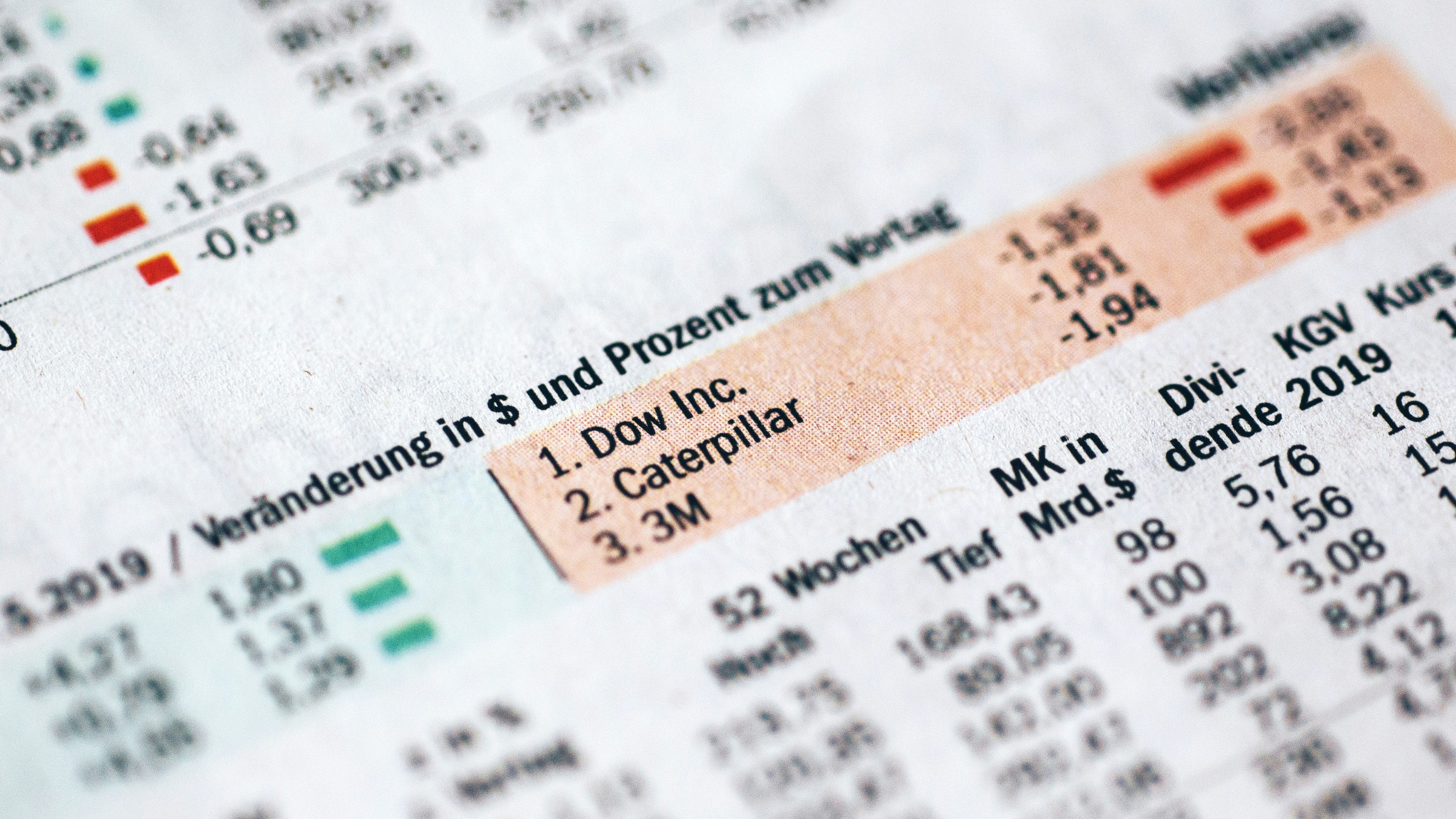Understanding the Market Plummet
The artificial intelligence (AI) stock sector has recently experienced a significant decline, resulting in a staggering loss of over $1 trillion in market value. This downturn can be attributed to a confluence of multiple factors that together precipitated this dramatic plummet. One primary factor influencing the deterioration of investor sentiment is the fluctuation in market conditions. In the face of rising interest rates and inflation concerns, many investors adopted a more cautious stance, leading to widespread sell-offs in high-growth sectors, including technology and AI.
Additionally, shifts in investor sentiment played a critical role in exacerbating the decline. The AI boom, characterized by soaring stock prices and raised expectations, led many to reevaluate their confidence in sustained growth. As the initial bullish projections gave way to skepticism about profitability and sustainability, the associated AI stocks suffered considerable price corrections. This shift reflects a broader trend in which investors have become more discerning, favoring companies with established financial fundamentals over speculative ventures.
Regulatory challenges also contributed significantly to the AI market’s decline. Governments worldwide are increasingly scrutinizing AI technologies, raising concerns about privacy, data security, and ethical implications. The imposition of tougher regulations has triggered uncertainty among investors, causing many to withdraw their investments or hold back new capital, ultimately inflating the downward pressure on stock values.
Moreover, external economic pressures—such as geopolitical tensions, supply chain disruptions, and persistent inflation—have negatively impacted the overall market climate, further complicating recovery efforts. As these challenges persist, understanding the underlying factors behind the AI stock sector’s plummet is essential to anticipate potential recovery trends and regain investor confidence in this promising industry.
Indicators of a Comeback
Recent months have shown several indicators that suggest a significant comeback for super AI stocks, marking a pivotal shift in market sentiment. Investor interest has notably revived as fear of volatility recedes, prompting an influx of capital into these technology-driven equities. Analysts have reported increased trading volumes and heightened activity, leading many to believe that a turnaround phase is underway. This renewed enthusiasm can be largely attributed to overarching confidence in the transformative power of artificial intelligence across various sectors.
Positive earnings reports from leading companies within the AI sector further bolster this narrative. These reports have often exceeded market expectations, signaling robust growth in revenue and customer acquisition. As businesses increasingly incorporate AI solutions to enhance efficiency and productivity, the financial performances of AI firms reflect this upward trajectory. Market analysts predict that this growth trend will continue, fueled by innovations that deliver tangible benefits to end-users.
Technological advancements also play a crucial role in this resurgence of AI stocks. Breakthroughs in machine learning, neural networks, and data analytics capabilities have generated considerable excitement among developers and consumers alike. Furthermore, endorsements from industry leaders and recognized experts have created a ripple effect, encouraging broader market participation and instilling trust in the potential longevity of these investments.
Current market trends support this renewed interest, as an increasing number of investors prioritize stocks within the AI space, driven by the compelling narratives of efficiency and advancement. Strategic moves made by key companies in this sector, including partnerships and targeted innovations, have significantly contributed to restoring investor confidence. By focusing on enhancing their value proposition and community engagement, these firms are laying a solid foundation for a prosperous future in the ever-evolving landscape of artificial intelligence.
Analyst Predictions and Market Reactions
In recent weeks, financial analysts have demonstrated renewed optimism regarding the recovery of AI stocks, with some projecting potential gains of up to 400%. This encouraging sentiment stems from several factors, including advancements in AI technology, increasing corporate adoption, and favorable economic indicators. Notably, analysts have noted that as companies begin to embrace artificial intelligence more fully, the demand for innovative AI solutions will likely spur significant revenue growth.
Investment strategies surrounding AI stocks are increasingly diversified. Analysts recommend a balanced approach, advocating for a combination of established companies and emerging startups within the AI sector. This strategy aims to mitigate risks while capitalizing on the growth potential of high-performing entities. Furthermore, the consensus among experts highlights the importance of fundamental analysis, where investors are urged to scrutinize a company’s earning potential and sector position before committing their resources.
As these predictions gain traction, market reactions have been noteworthy. Many investors are not only reassessing their portfolios but also increasing their stakes in AI-related companies, driven by the optimism reflected in these forecasts. The result has been a noticeable recovery in the share prices of prominent AI corporations, suggesting increasing confidence among retail and institutional investors alike. Importantly, this trend is expanding beyond mere speculation; it is indicative of a broader shift towards integrating AI technologies across various industries, ranging from healthcare to finance.
The implications of these forecasts and the consequent market behavior are profound. As AI continues to redefine traditional business models and operational frameworks, it fosters a new wave of innovation. Consequently, the anticipated resurgence in AI stocks may not only reshape the landscape for investors but also solidify the technology’s pivotal role in the global economy.
Future Outlook and Strategic Considerations
The resurgence of AI stocks post-significant decline invites an examination of both the opportunities and the risks inherent in this sector. Given the remarkable advancements in artificial intelligence technology, investors must remain cognizant of the dynamic market landscape. As AI companies embark on new projects and explore innovative solutions, growth potential remains substantial. However, this promising outlook is tempered by the various challenges that could influence stock performance.
Competitive pressures in the AI industry are one of the foremost considerations. New entrants consistently disrupt existing market players, placing an emphasis on adaptability and innovation. Companies that fail to evolve or differentiate themselves may find their market share eroding, negatively affecting their stock values. Therefore, investors should take note of major players’ strategic partnerships, mergers, or acquisitions that could alter the competitive dynamics of the industry.
Technological advancements also play a pivotal role in shaping the future of AI stocks. As machine learning and deep learning technologies continue to evolve, their application in diverse sectors—from healthcare to finance—exemplifies growing demand. Investors should seek companies that demonstrate a strong research and development pipeline, as this could lead to new revenue streams and overall growth. Monitoring regulatory developments that could impact AI deployment and market entry can provide additional context for investment decisions.
Lastly, investors must keep an eye on key performance indicators that reflect a company’s health—such as revenue growth, profit margins, and cash flow. Moreover, understanding macroeconomic conditions—including interest rates and economic recovery trends—can provide valuable insight into market shifts that may influence AI stock performance. Strategic decision-making, rooted in thorough analysis, will be essential for investors aiming for long-term success in the AI stock arena.




